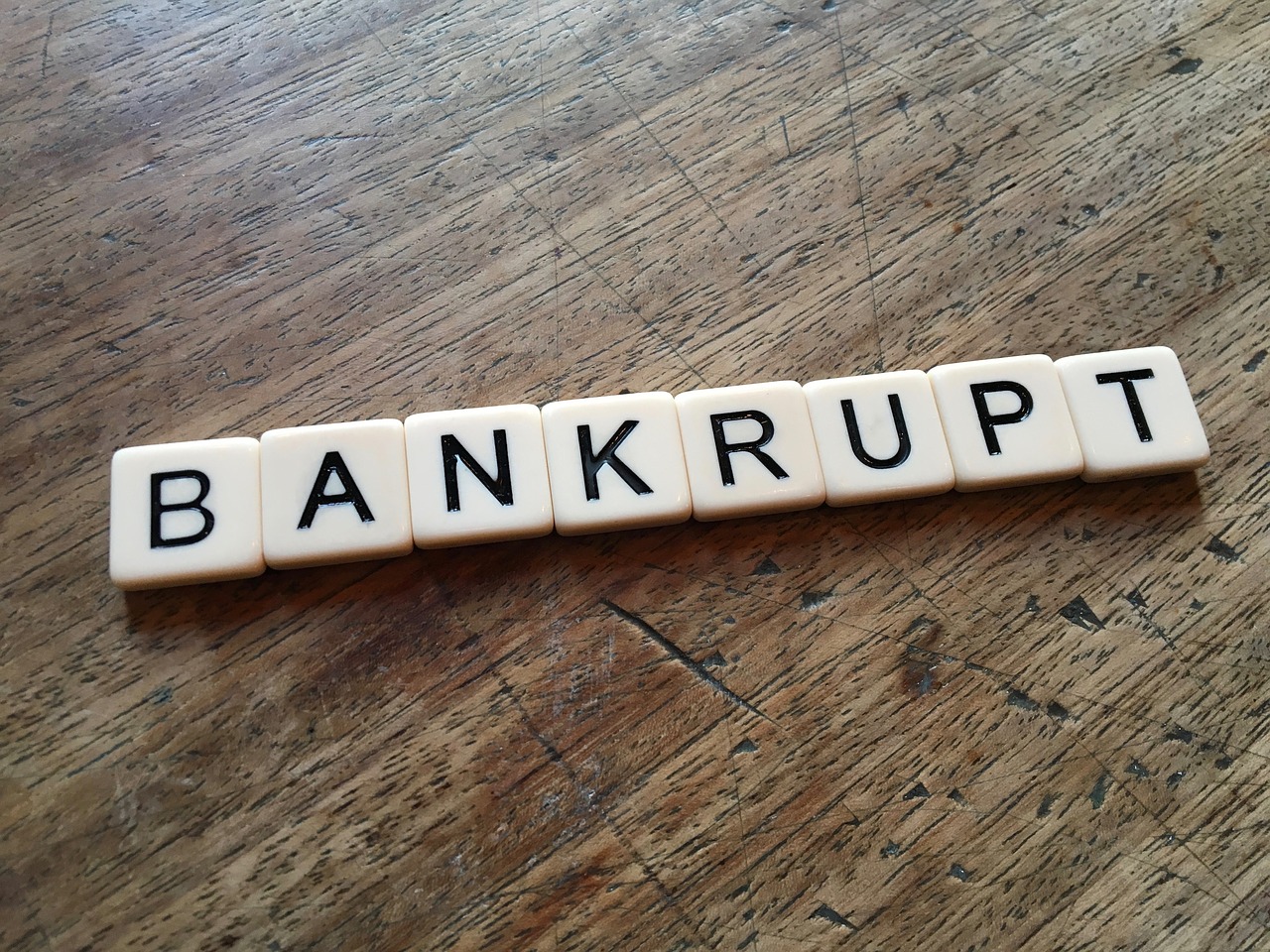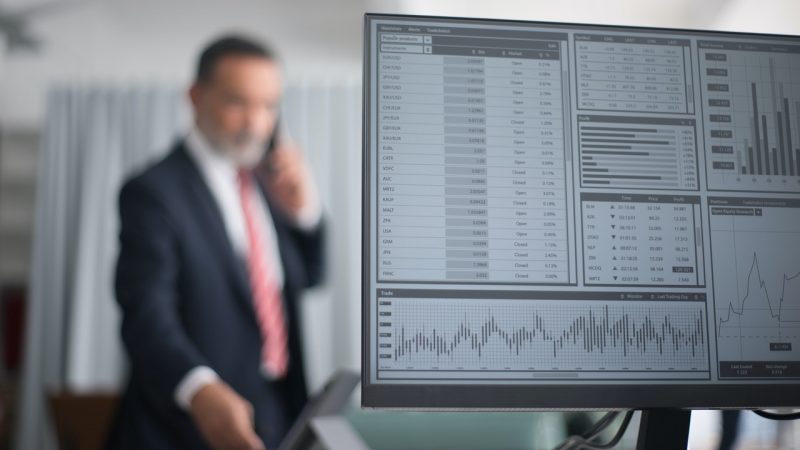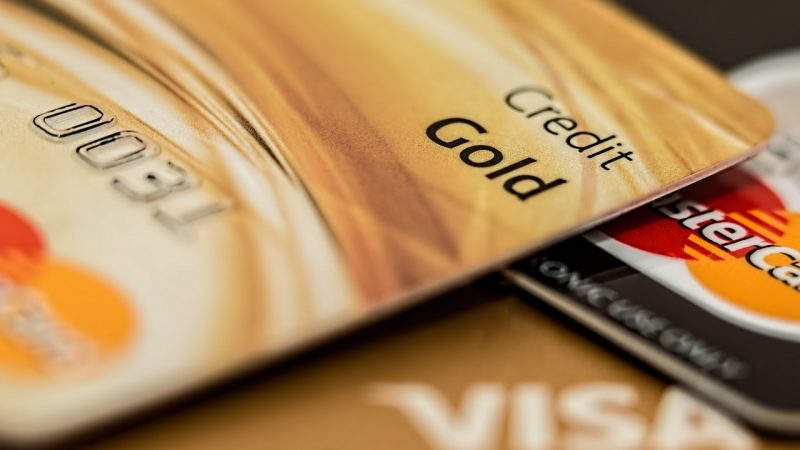Four Ways a Bankruptcy Filing Can Affect Your Life

The majority of people understand that filing for bankruptcy means their debts will be discharged and they won’t be responsible for them. While bankruptcy filing can free you of your debt, there are other reasons you may want to file for bankruptcy. Your Hagerstown, MD bankruptcy attorney will help you understand the full effect of filing bankruptcy on your life. This way, you don’t need to face surprises when your case is finalized. Here’s how bankruptcy can affect you:
Personal Discharged
A bankruptcy can have your debts discharged. When your debt is discharged, your creditors will be prohibited from collecting on debts you previously incurred. The most common kind of debt discharge in bankruptcy is credit card debt. But, it is important to know that you will still be responsible for some debts despite your bankruptcy filing. These debts include current tax liabilities, child support obligations, and spousal support payments. However, if you have these kinds of debts, you can file a Chapter 13 bankruptcy to restructure them. Moreover, it would be a good idea to consult professionals similar to bankruptcy lawyers in Harrisburg to have an understanding of the situation and get solutions.
Automatic Stay
After you file for bankruptcy, an automatic stay will be issued by a court. This protects you from getting calls from creditors who want to collect on your debt while your bankruptcy case is not yet resolved. Also, an automatic stay ensures you don’t get collection notices in your mail. As a point to remember, you should make sure you have a bankruptcy lawyer (similar to this one here) representing you at all points of your bankruptcy where you have to deal with the law or courts. The right attorney might even be able to help you find some sense of financial security again.
Credit Score
When you file for bankruptcy and your debt gets discharged by a judge, it can affect your credit score. Keep in mind that despite the discharge of your debt, it stays on your credit history. Your credit history and the bankruptcy filing will tell creditors you are a risky borrower. As a result, you may find it hard to apply for loans and extra credit cards. But, even if bankruptcy can cause your credit score to sink, you will no longer drown in debt.
Privacy
You must remember that bankruptcy records are available to the public. Thus, employers and any person who wants to investigate your financial history can access them and know about your debt discharge. But, this should not be a reason you should not file for bankruptcy.
According to courts, even bankrupt individuals still deserve some privacy. Because of this, court documents will only show the last four digits of your Social Security number. Remember that only a few people will do your financial information through court records. While some employers may conduct such searches, especially if you are applying for a financial position, it is unlikely for your family and friends to perform this kind of search.





